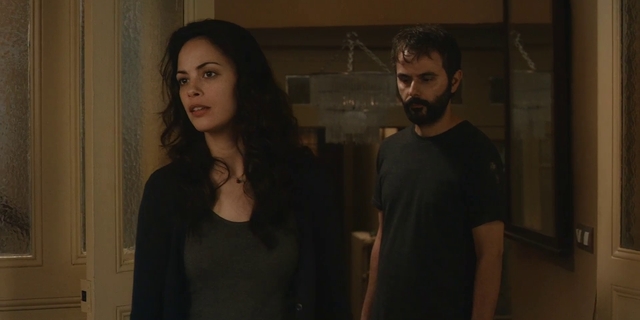Film Review: Iraqi Director Exposes Family Secrets In Painful Divorce Drama The Past
Emotional French Drama Explores The Secrets And Lies Of One Very Troubled Family


Why so unhappy
Latest Article|September 3, 2020|Free
::Making Grown Men Cry Since 1992


Why so unhappy